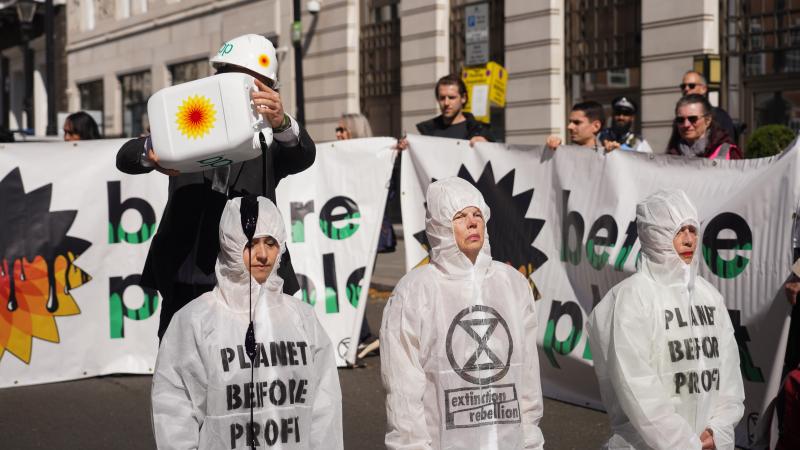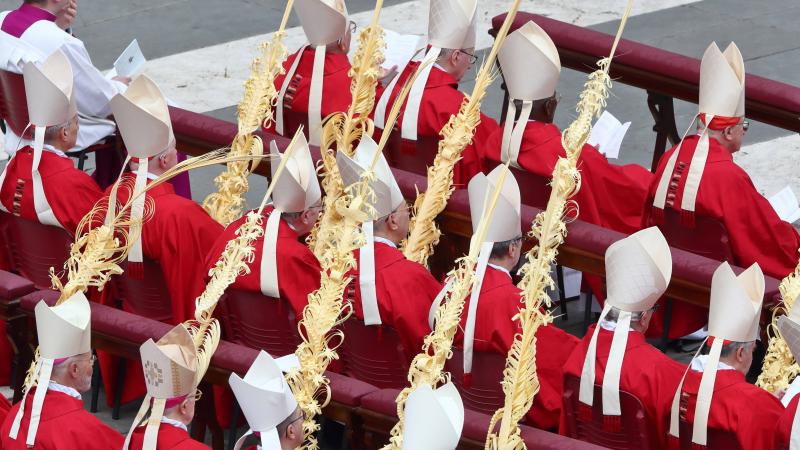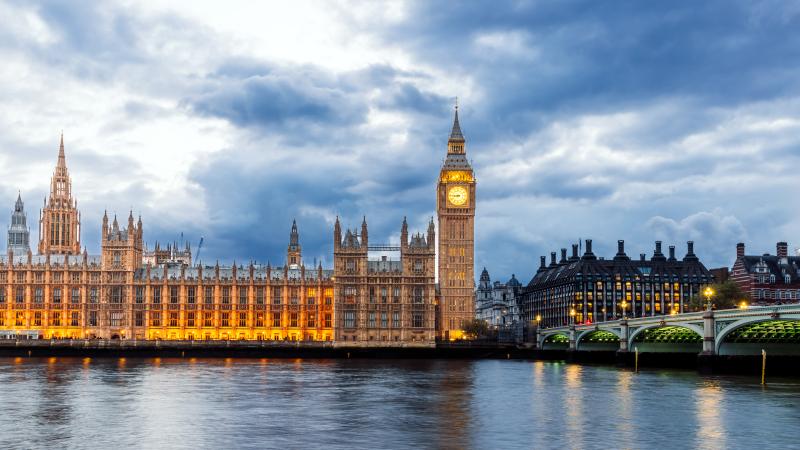Building code council resists emergency adoption related to natural gas initiative
I-2066 requires utilities and local governments to continue providing natural gas to customers and prevents utilities from restricting access or making it too expensive.
Initiative 2066, ensuring natural gas remains an energy choice in Washington state, will take effect on Thursday.
Voters approved I-2066 on Nov. 5.
Despite the fast-approaching deadline, members of the Washington State Building Code Council have decided to keep the existing 2021 energy code in effect while the council is “endeavoring to comply with I-2066.”
I-2066 requires utilities and local governments to continue providing natural gas to customers and prevents utilities from restricting access or making it too expensive.
The SBCC voted at its Nov. 22 meeting to address the requirements of I-2066 through its regular rulemaking process, which keeps the existing 2021 energy code in effect until the process is completed.
An email sent to The Center Square from the Department of Enterprise Services, which SBCC falls under, stated, “SBCC has existing responsibilities that were not changed by 2066. We intend to make a good faith effort, through our established process, to achieve the complex and entangled goals with which we have been asked to comply, while minimizing uncertainty in regulation and disruption for the construction industry.”
During that meeting, members decided against an emergency rule adoption to bring the energy codes into compliance with I-2066.
“I think there’s a great deal of uncertainty about the meaning of I-2066 language,” said SBCC member Kjell Anderson. “I also don’t see that we are absolutely required to do this.”
Sen. Lynda Wilson, R-Vancouver, a non-voting member of the SBCC, argued otherwise.
“Just moving down the road and saying, OK, we’re going to start working on this; I mean, we’ve had months,” pressed Wilson. “You have 35 of 39 counties voting to pass this. The people of the state of Washington are saying we do not want this [natural gas] to be prohibited, penalized or discouraged.”
Wilson mentioned the recent bomb cyclone that knocked out power to hundreds of thousands of homes across western Washington, many of which went without heat and lights for several days.
“For those that have it, they’re relying on natural gas to keep them warm,” Wilson noted.
SBCC member Roger Heeringa pushed back, arguing against making any rash changes in energy codes.
“I think we need to try and let the public know that we are doing everything we can to incorporate 2066 into current energy codes,” Heeringa said. “It’s not straightforward, and there are many challenges and in order to avoid chaos, I suggest we pass the motion and recommend that everybody just continue to enforce and use the existing code.”
Patrick Hanks with the Building Industry Association of Washington, which sponsored I-2066, countered by suggesting some council members are confused about their obligation.
“When 2066 takes effect, the changes it makes will apply to the current code and will apply to all code enforcement from Dec. 5th onwards,” Hanks explained. “We think that emergency rules are necessary to bring building codes quickly into compliance with 2066.”
He went on to say, “We believe this is what voters have voted for, and this is what they expect. It’s what builders expect. It’s what their clients expect. They want to be able to use natural gas without any penalty, prohibition or discouragement, which the current code does not allow for.”
Lawsuits are almost certainly ahead.
In a recent letter to the SBCC, Ashli Penner, BIAW general counsel, stated, “On December 5, 2024, BIAW members expect an energy code that will allow them to build with natural gas without it being penalized or discouraged. If the Council fails to act, BIAW will immediately pursue WSEC compliance with Initiative 2066 to the fullest extent of the law.”
“Penalizing natural gas use has driven up housing costs and placed unnecessary burdens on builders and homeowners,” BIAW Executive Vice President Greg Lane said in a Nov. 18 news release. “The people of Washington have spoken, and we expect the Council to act swiftly to ensure energy codes reflect the will of voters and the law. If the Council fails to act, BIAW will pursue legal action to enforce full compliance with I-2066.”
BIAW also sent letters to local elected officials, building code officials, city attorneys, and prosecutors urging them to comply with the law.














